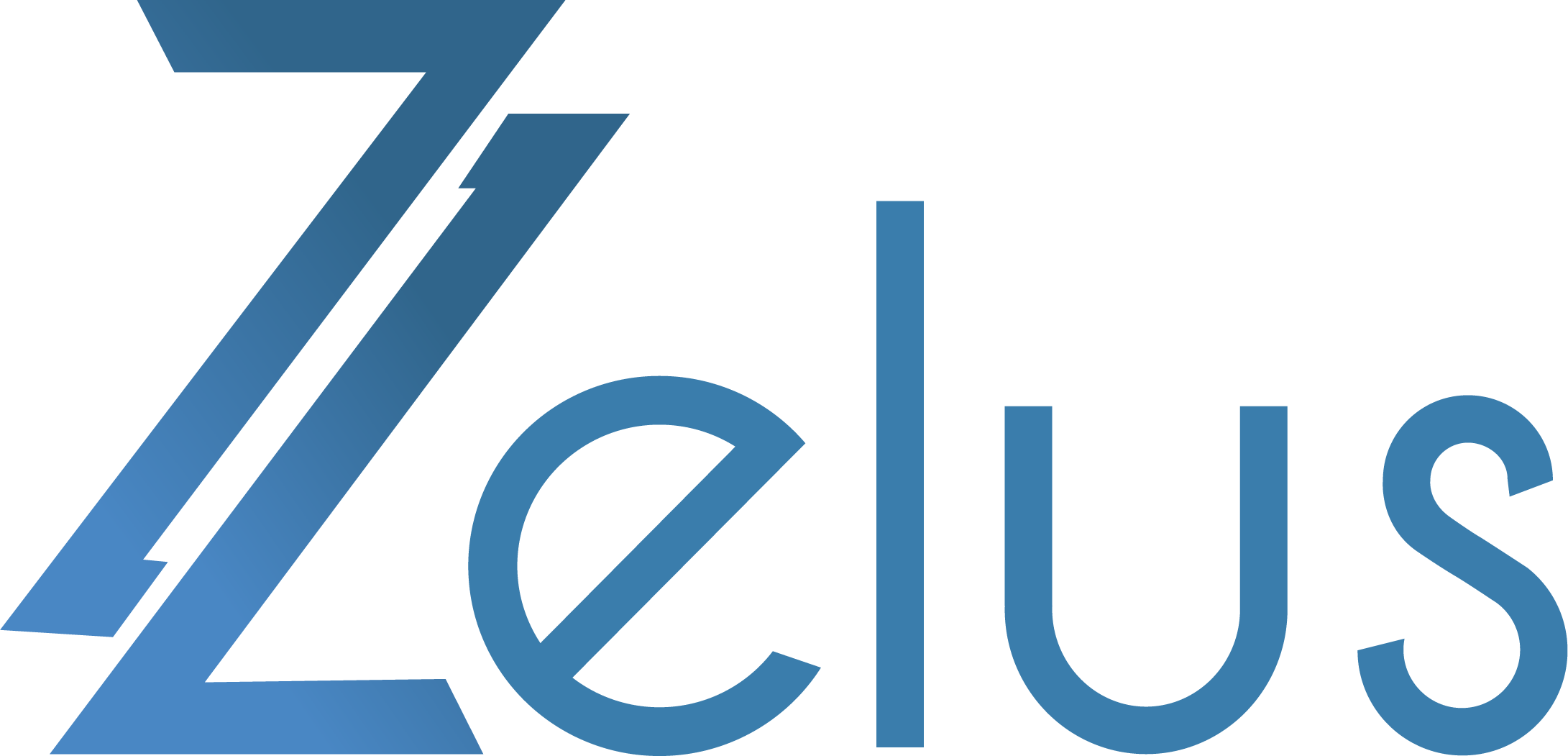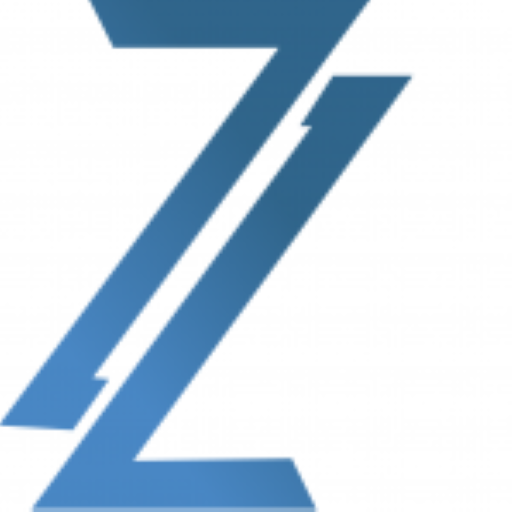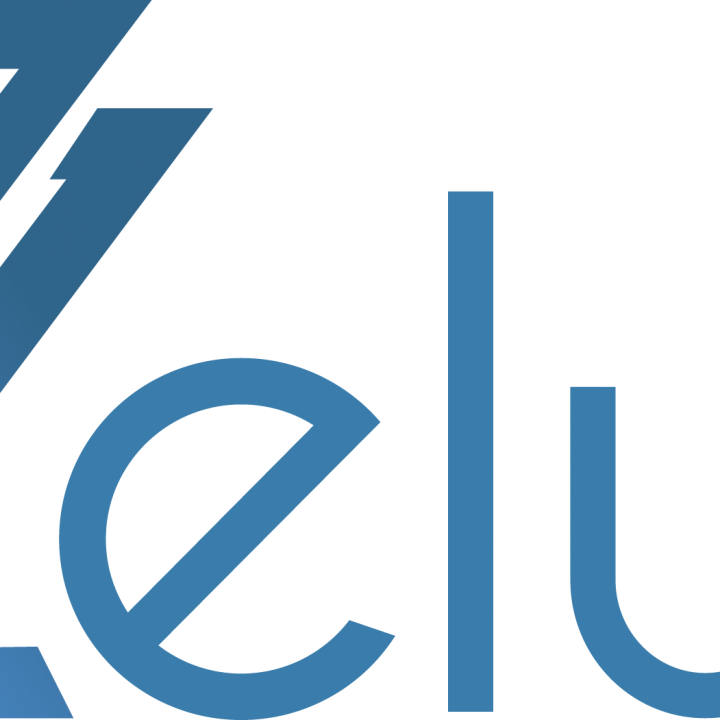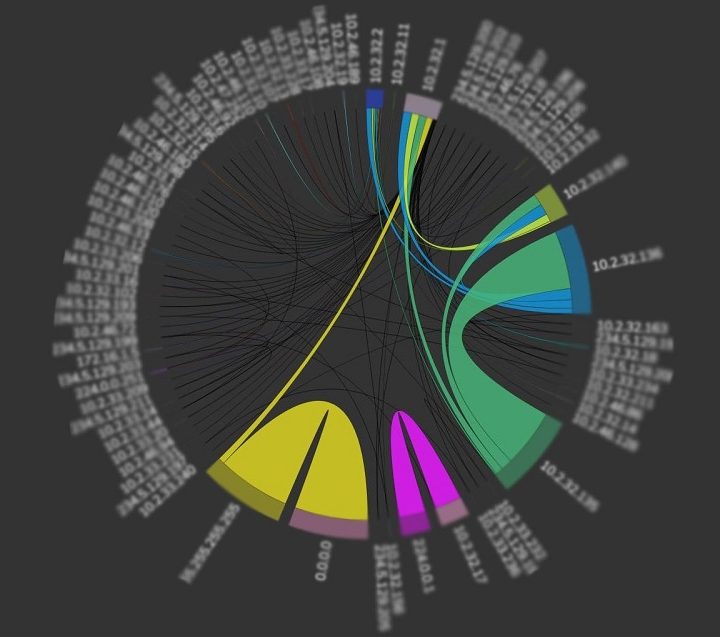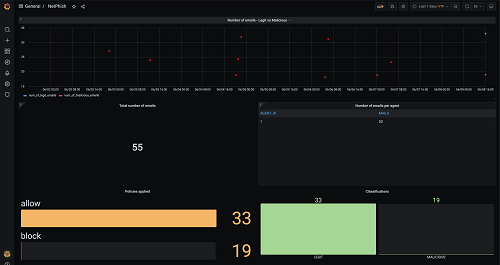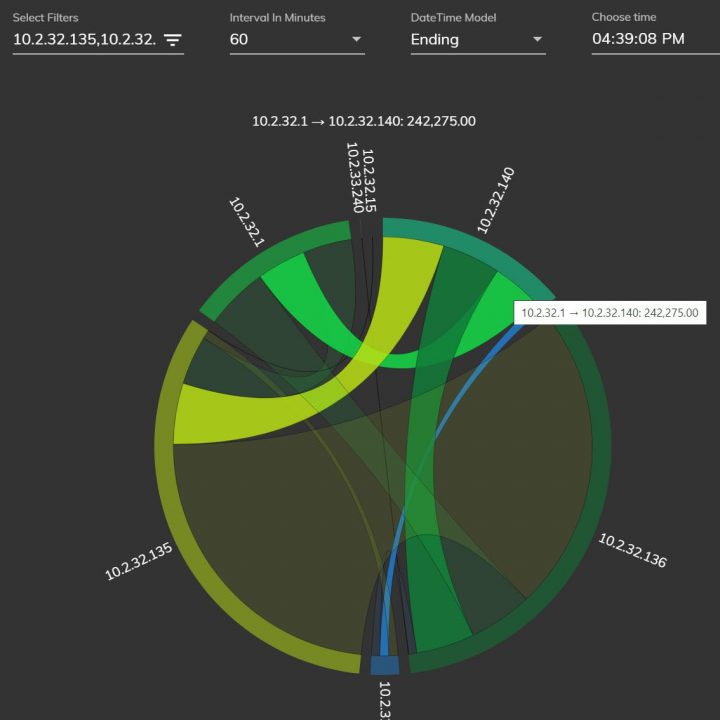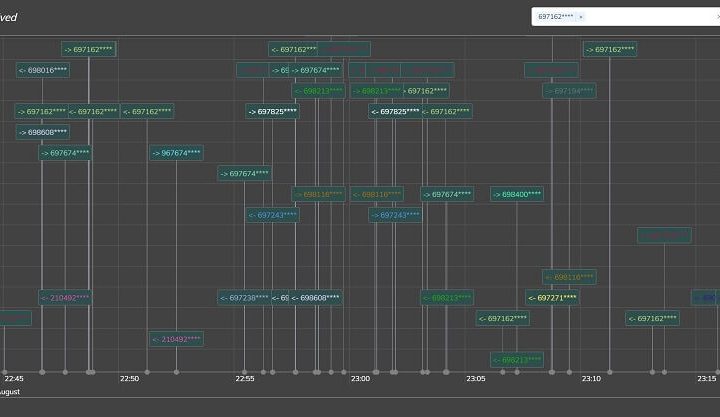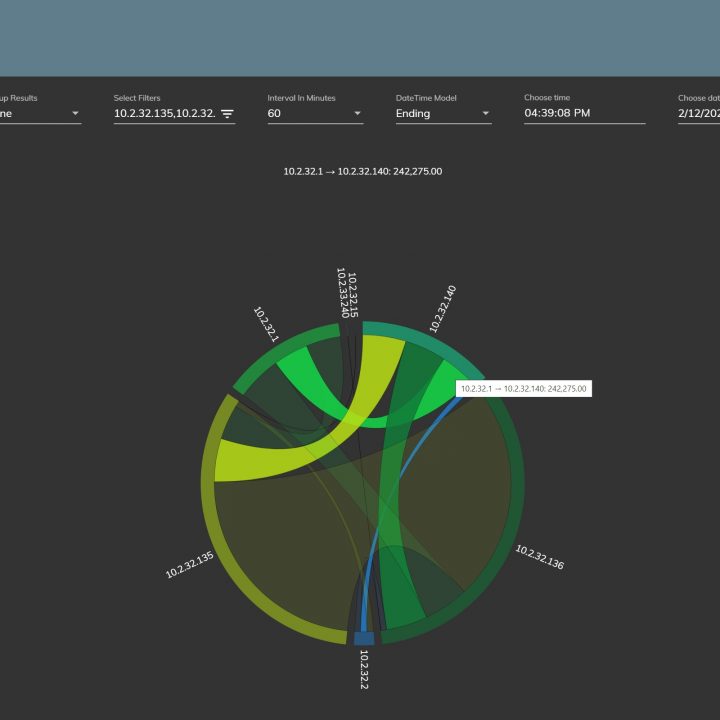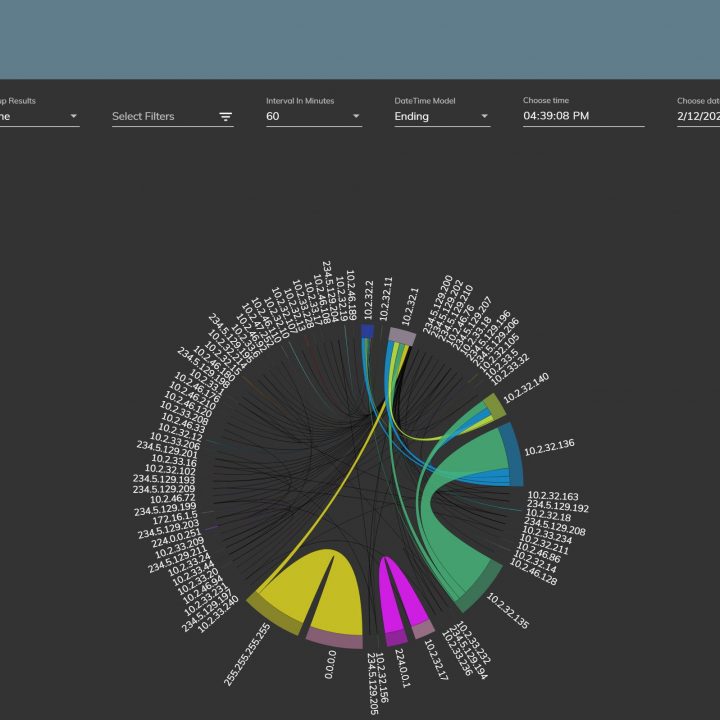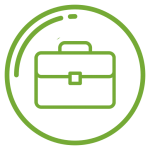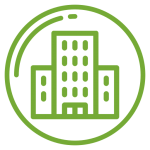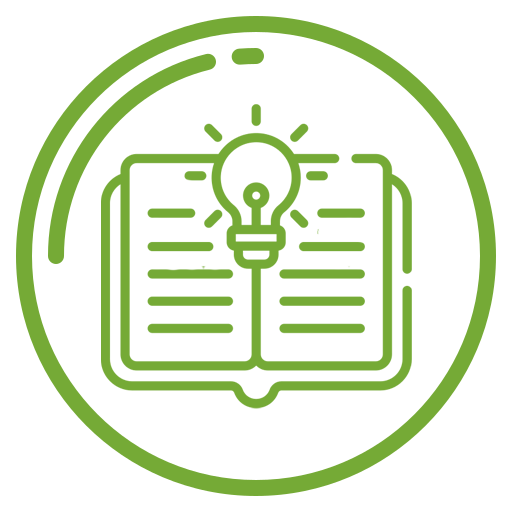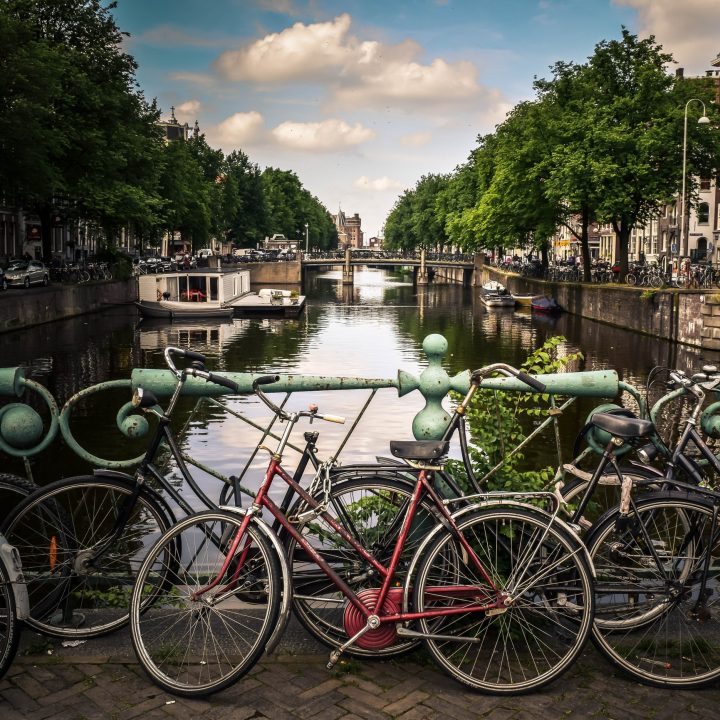Tool Lending Library: North Portland
Source: Urban Sustainability Directors Network, Website: North Portland Tool Library
The initiative
Lending libraries are offering members no-cost or low-cost access to home and garden tools, kitchen tools, books, toys and games, sewing equipment, and other material goods that, for a variety of reasons, may not be practical for a household to buy and maintain and at the same time leads to a reduction in the household’s consumption of durable goods, which in turn reduces resource use. Shared ownership of tools may lead to an absolute reduction in the amount of tools purchased and eventually entering the waste stream. Tool libraries providing garden tools may also help to reduce some of the consumption problems related to food systems, as they allow urban gardeners to grow food locally thereby reducing food packaging production and potentially replacing empty calories with nutrient-rich foods. Similarly, tool libraries make it easier for home-owners with limited resources to maintain their homes, which helps to provide for housing security. Additionally, tool libraries may serve as a gateway to other types of borrowing and sharing opportunities and initiatives such as kitchen tool shares, skill shares, and toy shares among other sharing activities.
The North Portland Tool Library (NPTL) is an example of a prospering tool library. In a 2014 survey, NPTL members cited “saving money,” “improving my neighborhood”, “avoided tool storage and maintenance”, and “environmental benefits”, respectively, as the most important aspects of the tool library. “Interaction with other library members” received a significantly lower score, which calls into question the community building benefit of lending libraries. However, variables including the design of the physical library space and the type of programming offered could also account for that lowered score. Two-thirds of respondents cited that, if it were not for the tool library, they would have purchased a new tool for some projects, which demonstrates the power of providing access as an alternative to ownership. NPTL has more than 5,000 members.
Time frame
The tool library in North Portland started serving its residents in 2004 and continues to do so until today.
Focus area
The lending library focuses on all kinds of tools related to automotive projects to soldering to gardening to almost anything you may imagine.
Core team and external participants
The primary objective of the Tool Library is to help build community and livability. The operation and growth of the NPTL is guided by an all volunteer board of directors.
Finance
The North Portland Tool Library operates on a combination of grant funding and private donations. It is offering its tools for free to the community based on the contributions of individuals and organizations.
Outcomes to date
$447,205 saved by the community members per year (stats from 2014)
143-200 metric tons of CO2E in upstream impacts were saved (2015 USDN study)
What can a municipality learn from this community initiative?
Cities can play a key role to the development of lending libraries by picking up a number of activities such as:
- Promote – celebrate and profile government-operated and non-profit lending libraries
- Fund – provide grants or sponsorships
- Support – provide non-monetary resources including space, in-kind advice, capacity building, leveraging others to provide support, work with public libraries to see if they would support developing non-book library resources.
- Make minor policy adjustments – adapt business as usual policies (including permits) to sustainable consumption activities
- Convene – bring together community stakeholders
- Educate/Outreach – let the community know about this resource
- Develop plans – create a roadmap to start a lending library in your community
- Demonstrate – get a corporate membership to the lending library, buy memberships for employees as part of benefits packages
- Develop programs/services – work with public library or parks community center to add lending library as part of programs and services
- Own – manage and operate a lending library as part of local government
There is a number of things to keep in mind for successfully implementing such an activity such as:
- Space – Lending libraries may quickly outgrow their homes, as donations come in with relatively low levels of effort. Partnering with local stakeholders to provide storage and maintenance workshop space is one potential solution for storage.
- City permitting – City code may not include a public works designation that accurately describes the work of a lending library, which can result in exorbitant permitting fees and system development charges. Performing a code review to identify potential barriers to building can help to defray some of these costs.
- Funding – The costs of starting and running a non-profit lending library go far beyond acquiring and maintaining the items a library offers to the community. Lending libraries must also pay for insurance, legal advising, marketing and outreach, and miscellaneous administration costs, among others. Lending libraries may charge fees to borrow some items, may request membership donations, or they may request no fees at all. Some lending libraries are able to access foundation and government grants but these are not reliable income sources. Some lending libraries sell excess inventory at sales and swaps, hold annual fundraising events, and use crowdfunding platforms to supplement their operating costs.
- Capacity – Many lending libraries lean on a small group of dedicated volunteers to manage their operations, which can lead to burnout. Stocking, cataloging, loaning, soliciting, and maintaining inventory requires specific skills sets, which means that libraries need to recruit highly skilled volunteers. One possible solution is to hire paid staff dedicated to managing library operations and volunteers.
Similar initiatives in Greece
To the best of our knowledge, there are not so many initiatives like this in Greece. Other than the public libraries for the borrowing of books, this activity has not been extended to other products with the exception of medical aid equipment such as a voluntary organization that was created in Korthi, Andros or the Hadjipaterion Bank of the recovery of patients. There are however plenty of platforms where someone can rent anything they may be looking for. ZELUS can help you identify the goods that it would be most beneficial to include in a digital bank and set up library for a community, a municipality or an association. Reach out to us if you want to know more here.

